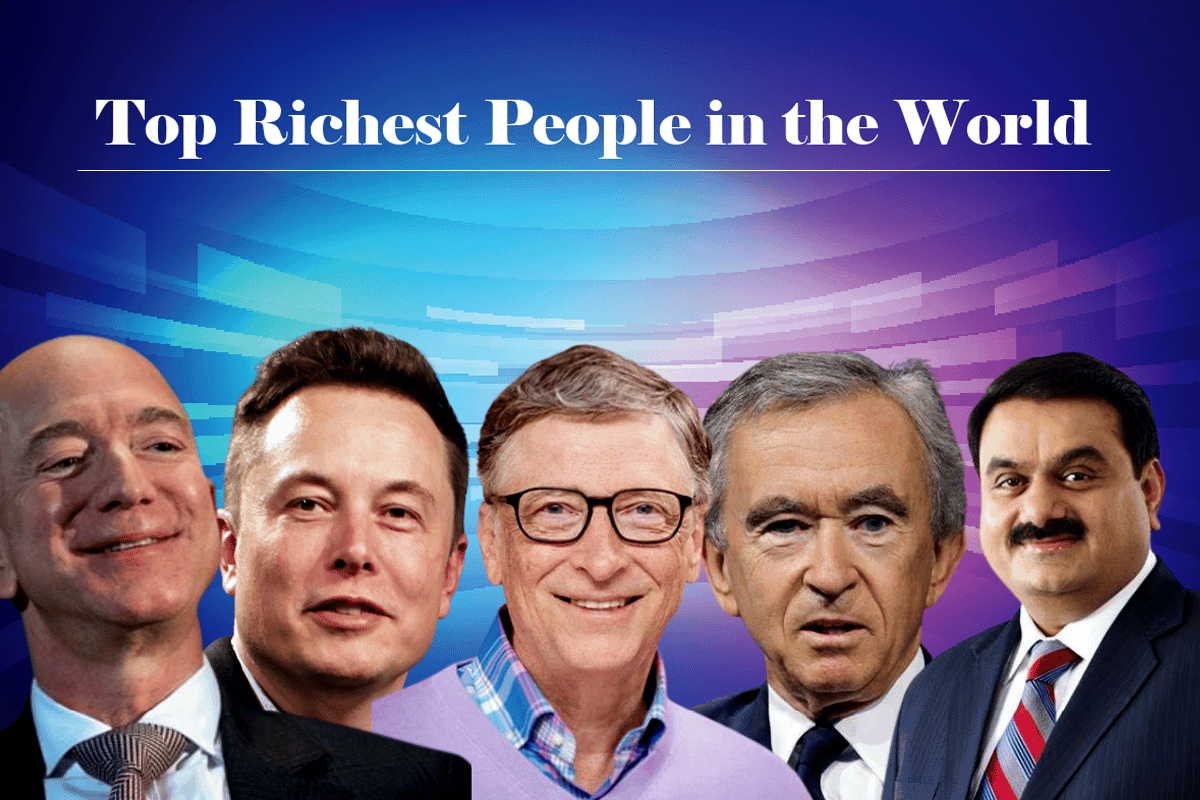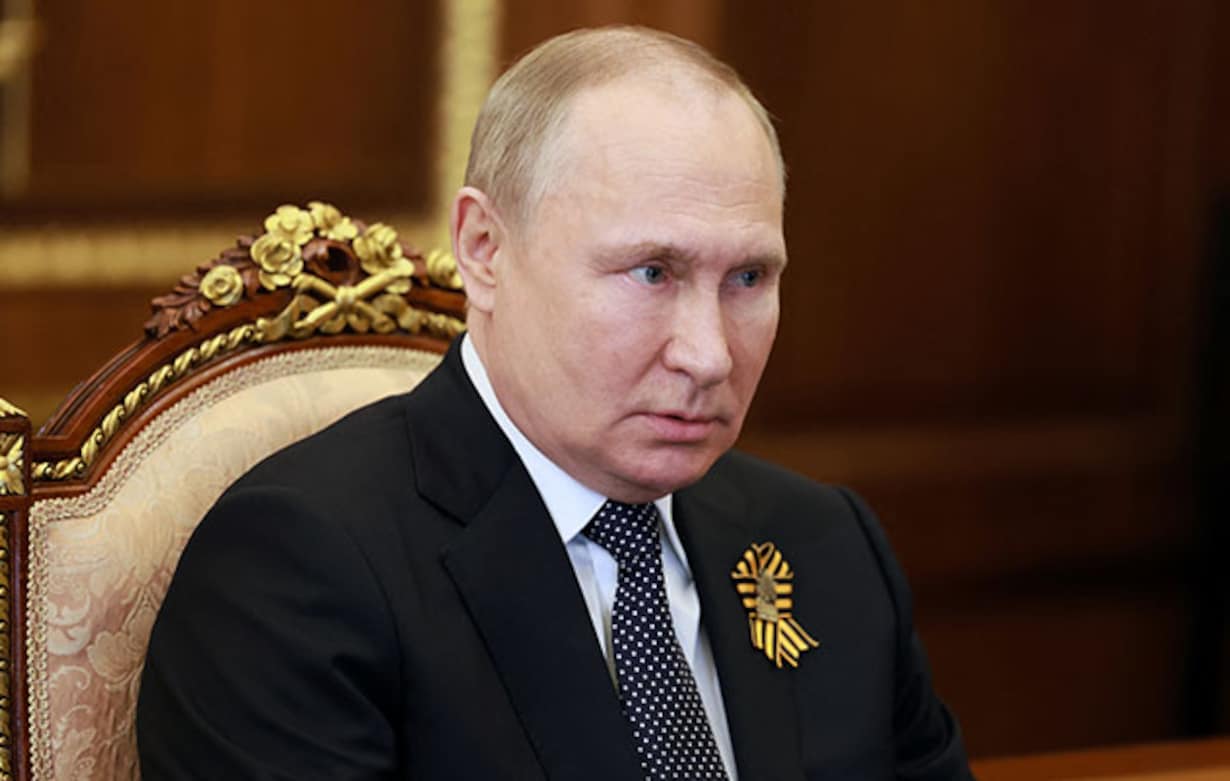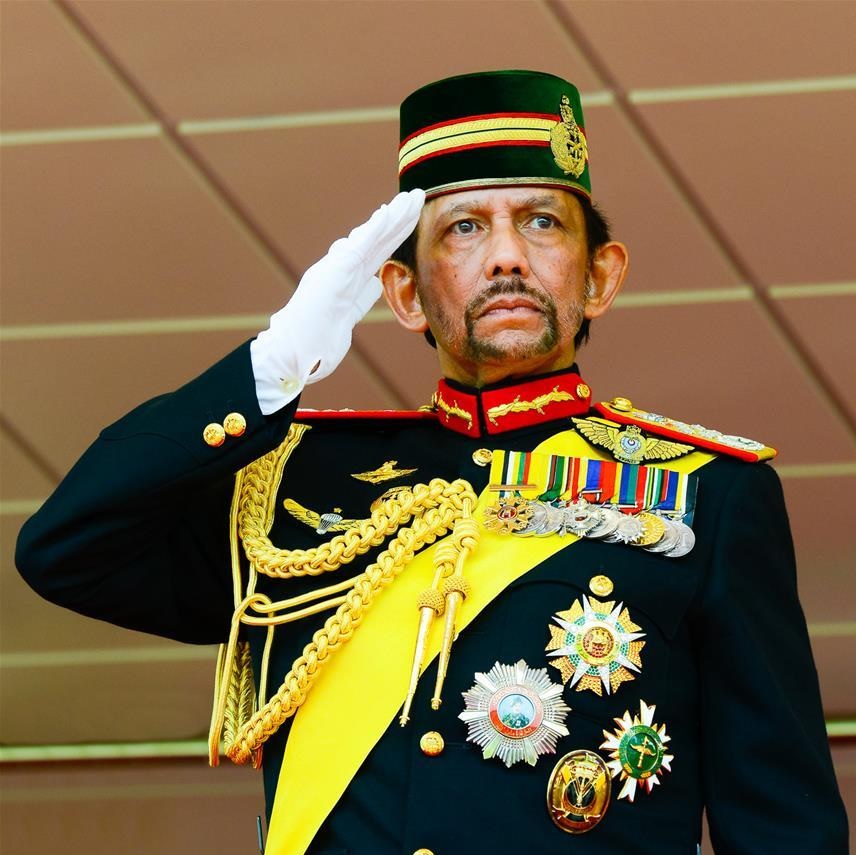Let’s face it, folks—power and wealth often go hand in hand, especially when we’re talking about world leaders. The term "richest presidents" might sound a bit odd, but it’s a fascinating topic. These are not just politicians; they’re financial juggernauts with bank accounts that could make your jaw drop. From inherited fortunes to savvy investments, the world’s richest presidents have more than just political clout—they’ve got serious financial muscle.
You might be wondering why this even matters. Well, understanding the wealth of our global leaders gives us insight into how they operate, the decisions they make, and the influence they wield. It’s not just about the money; it’s about the power dynamics that shape our world. So buckle up, because we’re about to dive into the deep end of presidential wealth.
This article will explore the top 20 richest presidents in the world, shedding light on their net worth, how they amassed their fortunes, and what it all means for the global stage. We’ll also touch on the ethical implications of having so much wealth while leading nations. Ready? Let’s get started!
Read also:Gamestop Saratoga The Rise Fall And Resurgence Of A Gaming Icon
Here’s a quick table of contents to help you navigate:
- Biography of Key Figures
- Top 20 Richest Presidents in the World
- Net Worth Breakdown
- Sources of Wealth
- Economic Impact of Presidential Wealth
- Ethical Considerations
- Historical Context
- Global Comparison
- Future Trends in Presidential Wealth
- Conclusion and Final Thoughts
Biography of Key Figures
Before we jump into the rankings, let’s take a moment to understand who these leaders are. Below is a brief overview of some of the most prominent names on our list, along with key details about their backgrounds.
Biographical Data
| Name | Country | Net Worth (Approx.) | Major Achievements |
|---|---|---|---|
| Donald Trump | USA | $2.5 Billion | Business tycoon turned president |
| Carlos Slim | Mexico | $60 Billion | Telecom giant and billionaire |
| Hamad bin Khalifa Al Thani | Qatar | $20 Billion | Former Emir of Qatar |
| Bhumibol Adulyadej | Thailand | $30 Billion | Longest-reigning monarch in history |
Now that we’ve got a snapshot of these influential figures, let’s move on to the main event.
Top 20 Richest Presidents in the World
So, who are the big players in the game of presidential wealth? Here’s the scoop on the top 20 richest presidents in the world, ranked by their net worth:
1. King Salman bin Abdulaziz Al Saud (Saudi Arabia)
With an estimated net worth of $17 billion, King Salman is no slouch when it comes to financial power. His wealth primarily comes from oil revenues and royal investments. And let’s not forget, he’s the king of one of the wealthiest countries in the world.
2. Sheikh Khalifa bin Zayed Al Nahyan (United Arab Emirates)
This guy’s got deep pockets, with a net worth hovering around $15 billion. As the ruler of Abu Dhabi, he’s leveraged his country’s oil wealth to build a global empire.
Read also:Movie Rundown Cast The Ultimate Guide To Whos Who In Your Favorite Films
3. Donald Trump (USA)
Love him or hate him, Trump’s name is synonymous with wealth. With a net worth of $2.5 billion, he’s one of the richest presidents in modern history. His real estate empire and brand deals keep the cash flowing.
4. Vladimir Putin (Russia)
Now, here’s where things get murky. While Putin’s official net worth is listed at around $70 million, rumors suggest his actual wealth could be in the billions. This guy knows how to play the financial game.
5. King Mswati III (Eswatini)
With a net worth of $200 million, King Mswati III reigns over one of the poorest countries in Africa. Yet, his personal wealth is staggering compared to the average citizen’s income.
And the list goes on, folks. Each president on this list has their own unique story of how they built their fortune, whether through inheritance, business acumen, or political maneuvering.
Net Worth Breakdown
Let’s break it down a bit more. How do these presidents amass such incredible wealth? Here’s a quick look at some common sources:
- Inherited Wealth: Many of these leaders come from royal families or wealthy dynasties. Think kings, emirs, and sultans.
- Real Estate: Real estate is a big player in the wealth game. From luxury properties to commercial developments, it’s a lucrative sector.
- Oil and Gas: If you’re leading an oil-rich nation, chances are you’re sitting on a goldmine. Countries like Saudi Arabia and the UAE have capitalized on their natural resources.
- Investments: Smart investments in stocks, bonds, and other financial instruments can turn a modest fortune into a massive one.
It’s worth noting that some of these leaders face criticism for their wealth accumulation methods. Transparency and accountability are key issues when discussing presidential riches.
Sources of Wealth
So, where does all this money come from? Let’s dive deeper into the specific sources of wealth for our top 20 richest presidents:
Oil and Gas Revenue
Countries like Saudi Arabia, Russia, and the UAE rely heavily on oil and gas exports. These natural resources have fueled the wealth of their leaders for decades.
Real Estate Empires
Donald Trump’s name is practically synonymous with real estate. His properties around the world have generated billions in revenue. Similarly, other leaders have invested in luxury real estate to boost their net worth.
Business Ventures
Some presidents have built their wealth through successful business ventures. Carlos Slim, for example, made his fortune in telecommunications. His company, América Móvil, dominates the Latin American market.
Economic Impact of Presidential Wealth
Now, here’s the million-dollar question: Does presidential wealth impact the economy? The answer is a resounding yes. When leaders are financially powerful, it can influence everything from government policies to international relations.
- Policy Decisions: Wealthy presidents often prioritize policies that benefit their own industries, whether it’s tax breaks for corporations or deregulation of certain sectors.
- Foreign Relations: Financial power can give leaders leverage in international negotiations. Think about how oil-rich nations wield influence on the global stage.
- Economic Stability: In some cases, a wealthy leader can stabilize an economy by investing in key industries. However, it can also lead to corruption and inequality if not managed properly.
It’s a delicate balance, and one that requires transparency and accountability to ensure the wealth is used for the greater good.
Ethical Considerations
With great wealth comes great responsibility. But does every rich president live up to that responsibility? Not always. Here are some ethical considerations to keep in mind:
- Transparency: How transparent are these leaders about their finances? Some face criticism for hiding their wealth in offshore accounts or using shell companies.
- Equality: Does their wealth contribute to income inequality within their countries? In many cases, the gap between the rich and poor grows wider under the leadership of wealthy presidents.
- Social Responsibility: Are they using their wealth to improve the lives of their citizens? Philanthropy and social initiatives can make a big difference.
It’s important to hold our leaders accountable for how they use their wealth. After all, they’re entrusted with the well-being of their nations.
Historical Context
To truly understand the phenomenon of rich presidents, we need to look at the historical context. Throughout history, leaders have amassed wealth in various ways. From ancient emperors to modern-day billionaires, the pursuit of power and wealth has been a constant theme.
In the 20th century, we saw the rise of industrialists and business magnates who entered politics. Think of the Rockefellers, the Kennedys, and other influential families. Today, the trend continues with leaders like Trump and Slim making headlines for their financial prowess.
Global Comparison
How do these wealthy presidents compare on a global scale? Let’s take a look:
- Wealthiest Presidents: The top 20 richest presidents have combined net worths that rival some countries’ GDPs.
- Global Leaders: While not all global leaders are wealthy, those who are tend to wield significant influence in international affairs.
- Public Perception: Public opinion varies widely depending on the country. In some places, wealthy leaders are seen as successful role models, while in others, they’re viewed with suspicion.
It’s fascinating to see how different cultures perceive the relationship between wealth and leadership.
Future Trends in Presidential Wealth
What does the future hold for presidential wealth? As the world becomes more interconnected, we can expect to see some interesting trends:
- Increased Transparency: With the rise of digital technology, it’s becoming harder for leaders to hide their wealth. Expect more scrutiny and demands for transparency.
- Global Collaboration: Wealthy presidents may need to work together to address global issues like climate change and economic inequality.
- Shift in Power Dynamics: As new countries emerge as economic powerhouses, we may see a shift in the traditional centers of presidential wealth.
The future is uncertain, but one thing is clear: the wealth of our leaders will continue to shape the world in profound ways.
Conclusion and Final Thoughts
So, there you have it—the top 20 richest presidents in the world and everything that comes with it. From their staggering net worths to the ethical considerations of their wealth, this topic is rich with complexity and nuance.
As we’ve seen, presidential wealth isn’t just about the numbers; it’s about the power dynamics, economic impact, and social responsibilities that come with it. Whether you’re fascinated or frustrated by the wealth of our leaders, one thing is certain: it’s a conversation worth having.
Now it’s your turn. What are your thoughts on the wealth of world leaders? Do you think it’s a good thing or a cause for concern? Drop a comment below and let’s keep the conversation going. And don’t forget to share this article with your friends—it’s always good to spread knowledge!


